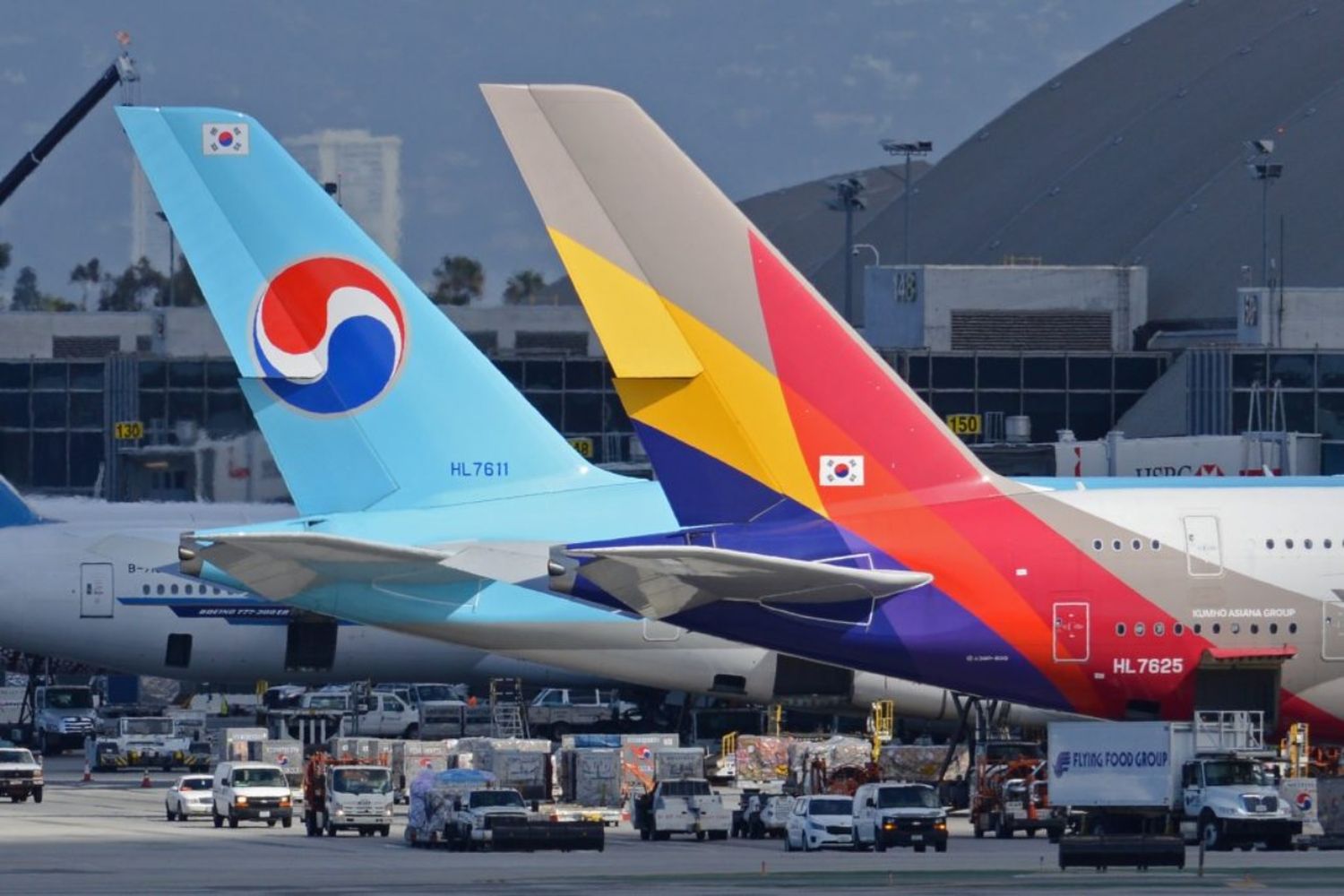European Commission Approves Korean Air-Asiana Merger, Awaits U.S. Decision
The European Commission has given the green light to the acquisition of Asiana Airlines by Korean Air, an important step that now awaits final approval from the United States.
The approval included the designation of Air Incheon as the official buyer of the cargo business that Korean Air needs to sell as part of the requirements set for the acquisition.
According to Asia-Nikkei, this approval marks a crucial milestone in one of the most closely followed airline mergers in recent years. The acquisition of Asiana Airlines by Korean Air has been a complex and meticulously scrutinized process, reported Aeroin.
On February 13, 2024, the European Commission initially approved the merger, but with the essential condition that Korean Air needed to divest specific assets to address potential competition concerns.
Divestment
This divestment strategy is fundamental to maintaining market competition and avoiding excessive concentration in the global freight transport sector.
The divestment package is comprehensive and multifaceted, including cargo aircraft, which are critical assets for cargo operations. Additionally, the package covers airport slots, offering strategic takeoff and landing privileges, as well as valuable traffic rights that determine where and when an airline can operate.
The divestment also includes related personnel and employees, ensuring operational continuity, and existing cargo contracts, which help maintain business relationships during the transition.
Cargo
Air Incheon stands out as the buyer with a unique position in this transaction. Founded in 2012, it is the only South Korean airline exclusively focused on cargo transport.
The European Commission’s approval was based on a thorough evaluation of several key criteria. It was confirmed that Air Incheon is independent of both Korean Air and Asiana Airlines, eliminating potential conflicts of interest.
The company has demonstrated significant financial resources and the necessary expertise to effectively maintain and develop the divested business.
With an existing air operator certificate and a strategic hub at Incheon Airport, Air Incheon is well-positioned to integrate and expand the acquired cargo operations.
The EU Commission’s decision highlights the rigor of regulatory oversight applied to large mergers in the aviation sector. By requiring the divestment of the cargo business, regulators aim to preserve market competition and prevent monopolistic practices.
This ensures that consumers continue to have choices in air cargo transport, emphasizing the importance of maintaining a competitive environment.
Air Incheon
This strategic divestment could potentially reshape the global air cargo transport landscape. Air Incheon’s cargo-focused approach could introduce new competitive dynamics, benefiting carriers and consumers through more options and potentially more competitive pricing.
The approval of Air Incheon as the buyer of the divested business represents a critical step toward the completion of Korean Air’s merger with Asiana. This demonstrates the European Commission’s commitment to maintaining competitive markets while allowing strategic consolidation in the aviation industry.
As the global aviation industry continues to evolve, this merger and subsequent divestment offer an intriguing case study in regulatory oversight and strategic corporate restructuring.
The delicate balance between enabling corporate growth and maintaining market competition highlights the complex ecosystem of international aviation.


Para comentar, debés estar registradoPor favor, iniciá sesión